The pharmaceutical industry has the distinct reputation of being one of the most competitive in the world.
With multiple companies working on the same drug at any given time, the point of differentiation between them almost always falls down to how quickly the product hits the public and the effectiveness of the marketing campaign behind it. The new year will only become more competitive as a greater number of organisations claim a foothold in the industry, and some are turning to digital quality management as a way to stay on top.
What does success look like?
The pharmaceutical industry's digitisation looks a bit different than others. Similar to finance, drug companies looking to automate from research and development through production and delivery need to maintain pristine records for GxP and other regulatory compliance. International organisations may face even more scrutiny.
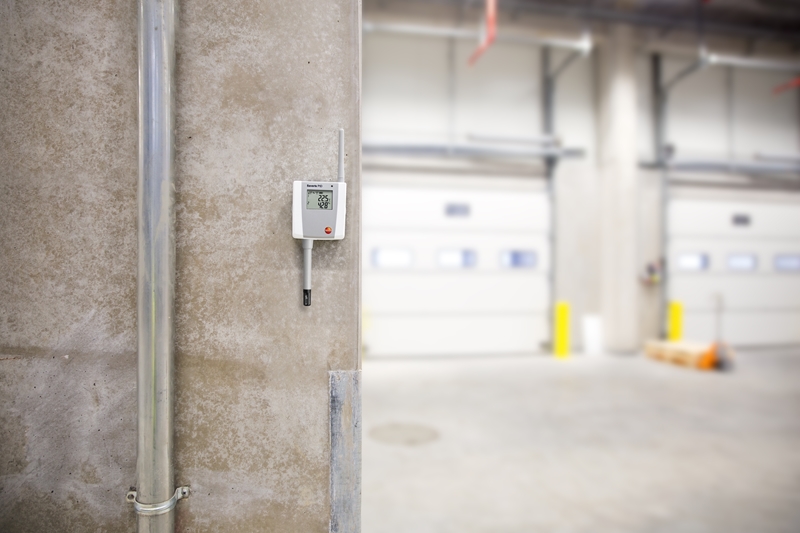
Businesses that bridge the gap favourably between manual processes and automation usually do so in some iteration of the following, ARC Advisory Group reported:
- Steamlining production with the warehouse, inventory levels, quality control and compliance.
- Support connected environments through digital sensors or data loggers that can easily transfer data.
- Finding insights from aforementioned information to increase the speed with which drugs get to market, including mitigating time spent on regulatory requirements.
The underlying advantages of successfully incorporating these three functions come in the form of reduced costs, operational excellence, improved record-keeping and compliance.
Getting all the parts together
Of course, there isn't one single solution that companies can integrate and all of sudden their processes become digitally automated. If thereit were, the technology wouldn't be much of an advantage. Organisations can find an edge in 2018 by building whole digital ecosystems to support better connectivity. This means avoiding siloed infrastructure, and incorporating key tools.
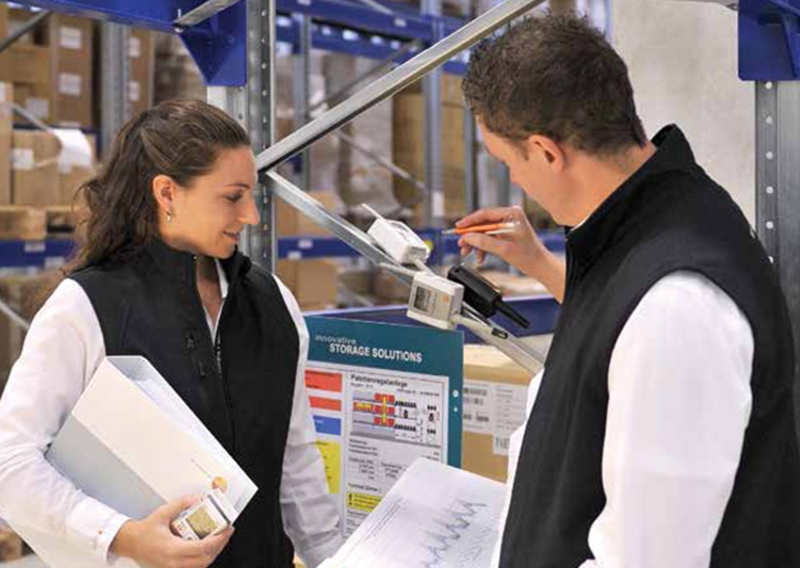
One of the solutions available is the testo Saveris, which streamlines data gathering through temperature data loggers. It's an essential component during both manufacturing and distribution of drugs, as it allows organisations to develop a paper-trail to ensure compliance. This makes it easy to reduce the time spent on regulatory needs.
By continuously collecting this information, companies can also quickly intervene should environmental conditions where the products are stored drop or rise above certain thresholds. It helps avoid any potential needs for recalls down the line, as personnel can act before damage takes a toll.
Find the edge in 2018 by incorporating tools that will give your pharmaceutical company the upper hand. Contact a Testo representative today.



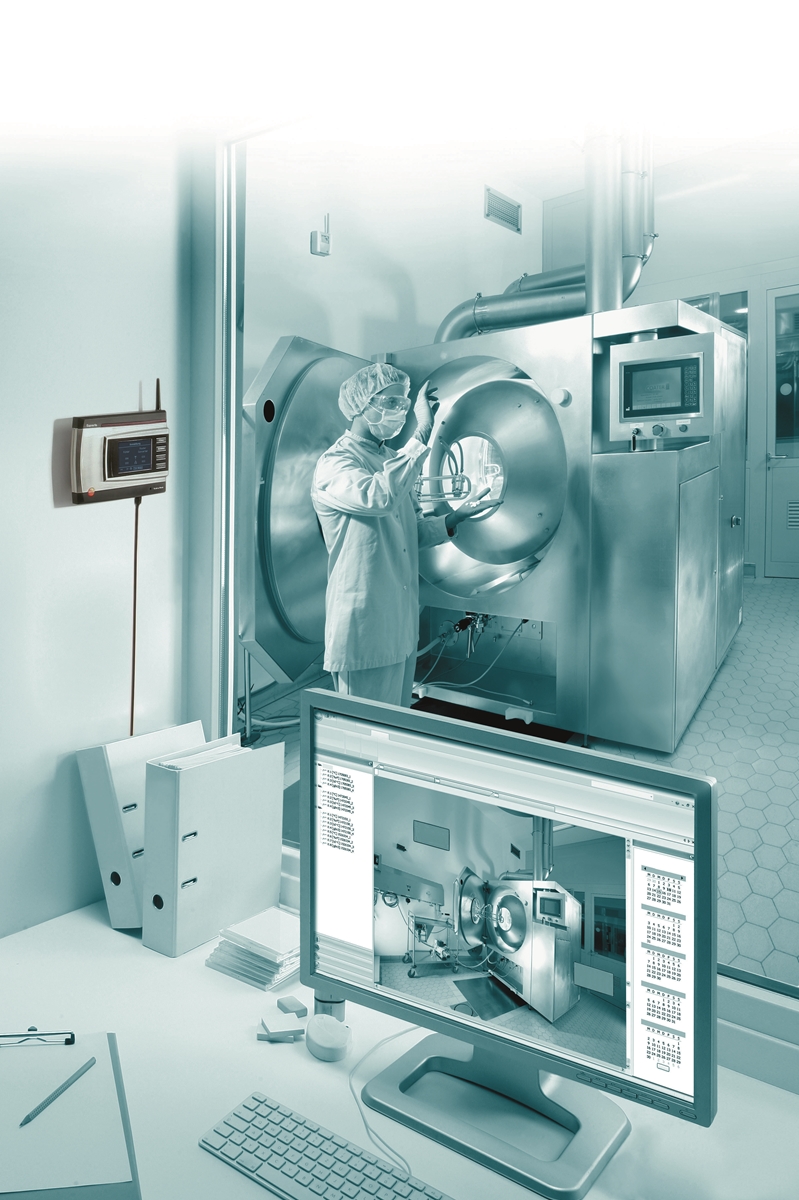


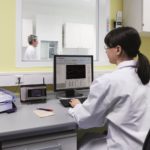
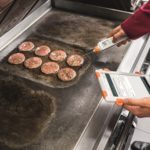

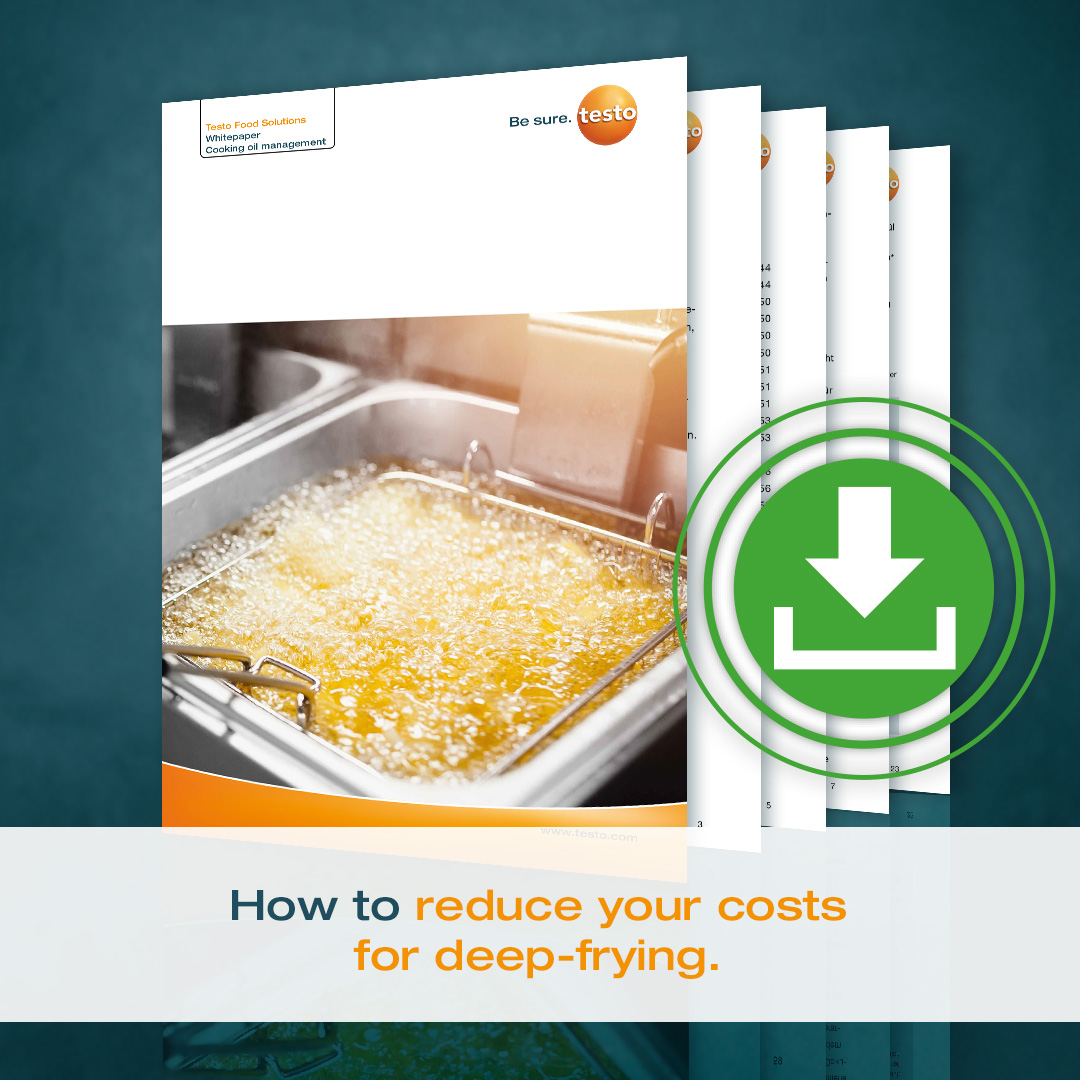 Reduce cooking oil costs while ensuring quality
Reduce cooking oil costs while ensuring quality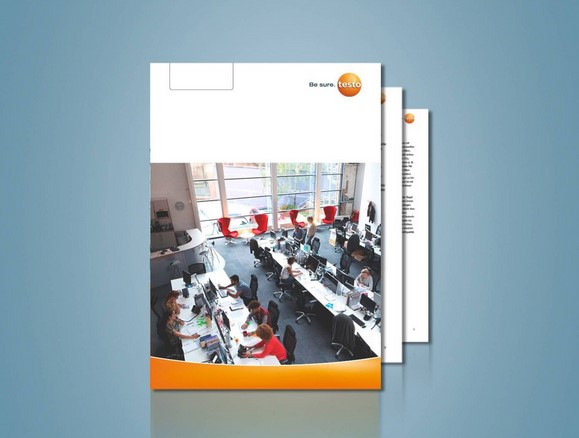 Expert knowledge on CO2 monitoring
Expert knowledge on CO2 monitoring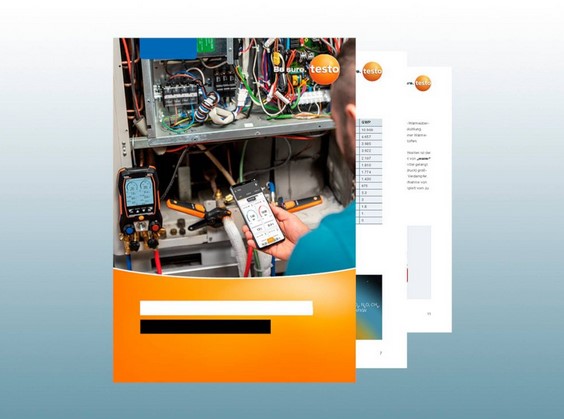 Refrigeration knowledge - in 3 modules
Refrigeration knowledge - in 3 modules



